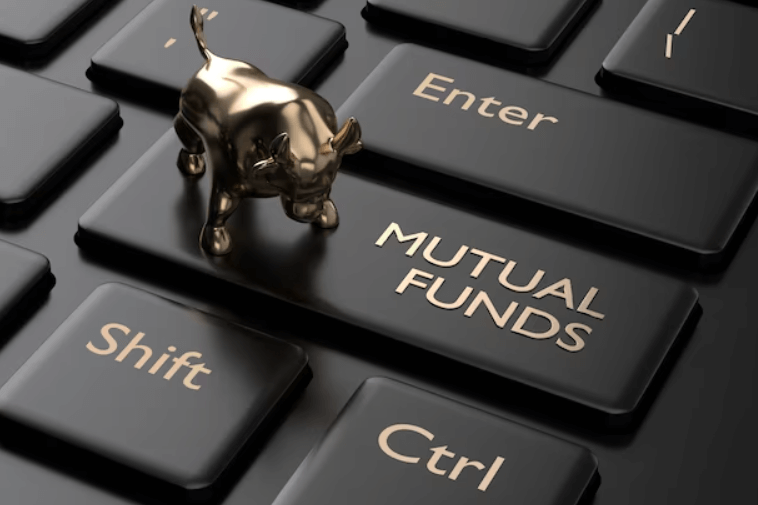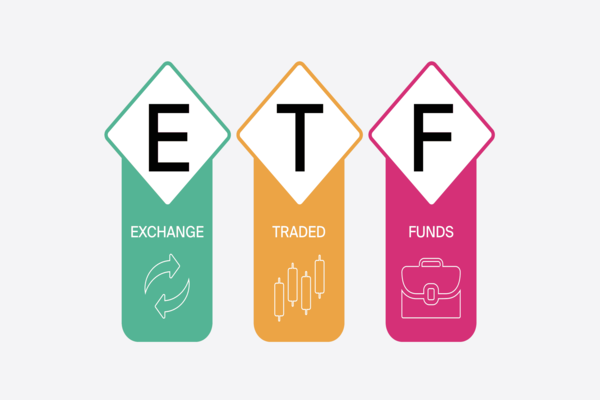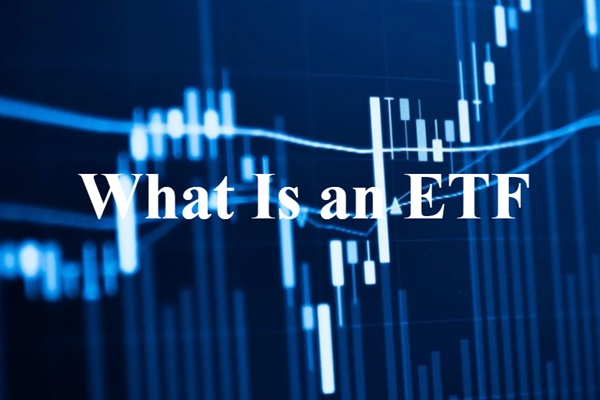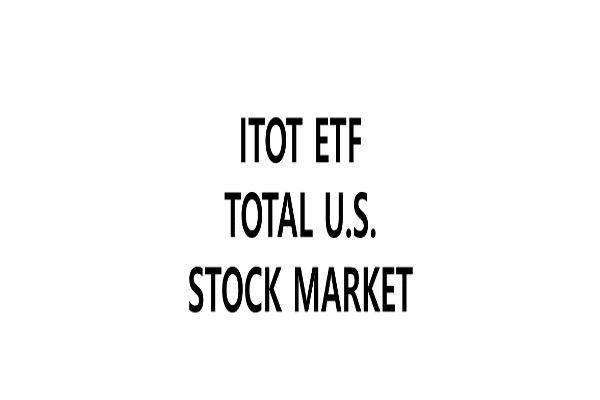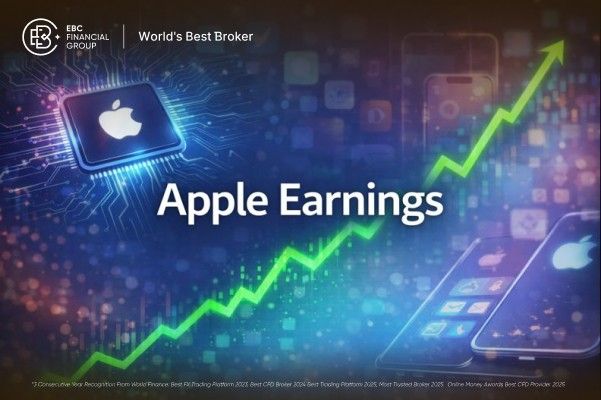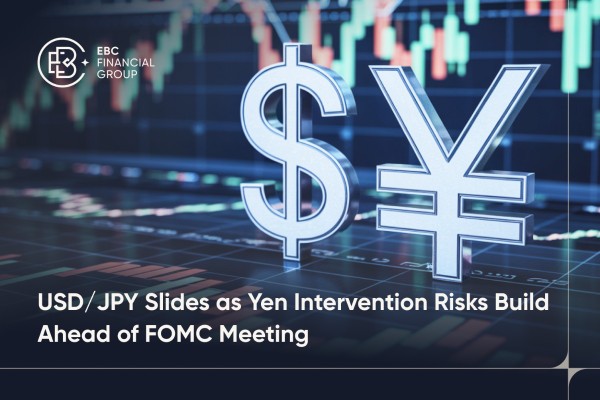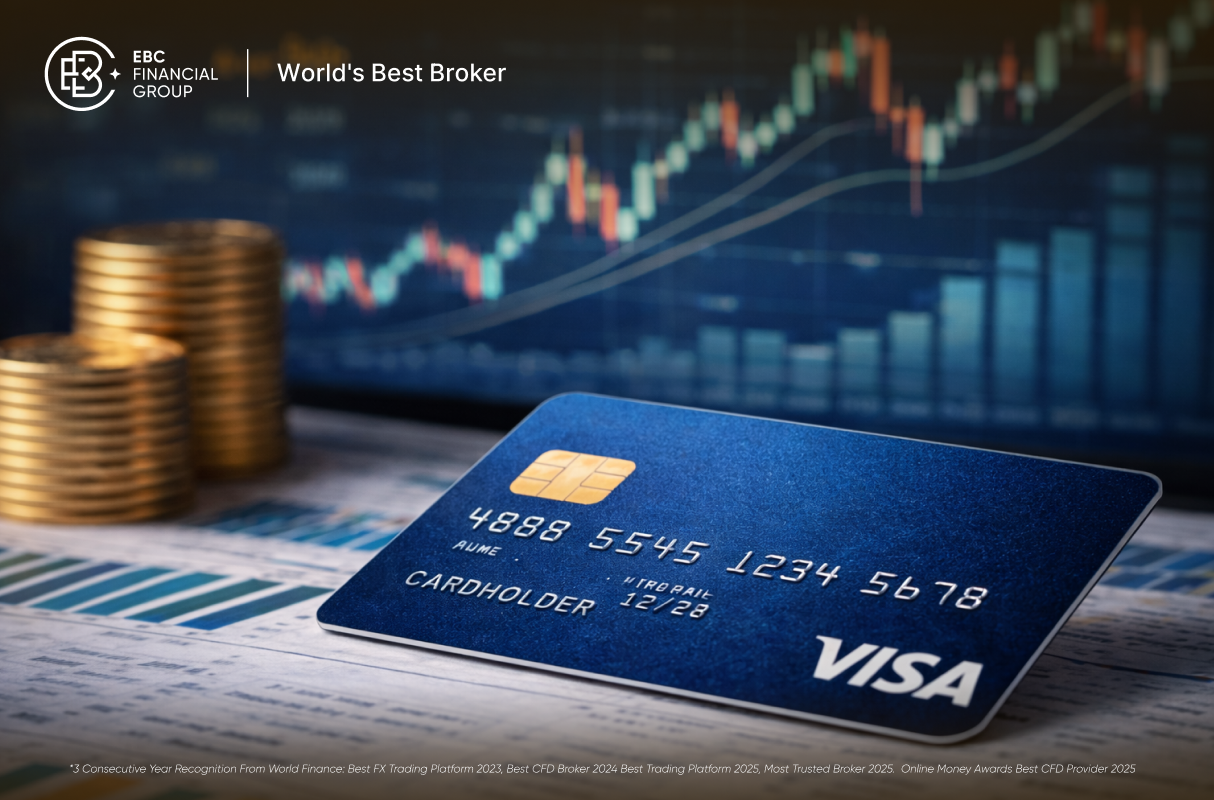Most people love and hate investing. They love that it is highly profitable and an effective way to achieve economic freedom. They hate that the risks are too high and that if they are not careful, they will lose their money in a basket. Therefore, many people's first investment in life is to choose to start with a fund. And to get into this introductory course of investment, mutual funds must be understood. In this article, we will tell you whether mutual funds are worth investing in. To help newcomers take the first step of investment.

What is Mutual Funds?
Mutual funds are a type of pooled investment vehicle. It brings together funds from multiple investors and is managed and invested by a professional fund management company. When an investor buys fund shares, it is equivalent to buying a part of the fund's investment portfolio and enjoying the corresponding returns and risks.
In simple terms, it means that a group of people's money is handed over to a professional fund manager for management, who will collect money from different investors and then allocate it for investment in various different projects to help investors earn returns. Although it is handed over to professional managers to manage, relatively speaking, investors can save more time for research or management. However, before investing, it is still important to remember to understand what the underlying investment is, and then entering the investment will be relatively better.
The most common types of investment portfolios are stocks, bonds, and possibly other investment instruments such as treasury bonds, bonds, or bank deposits. Investors can choose different portfolios according to their own needs and preferences to achieve their investment goals.
For example, if Ming decides to start investing, he would like to have 50% stocks, 30% bonds, and 20% cash in his portfolio. But he only has $50 to start with, which means he only has $25 to invest in stocks and then even less to invest in bonds. There's no way to make a balanced investment because there's not enough cash, and the solution to this problem is this type of fund.
Or maybe Hui has been working for many years, has saved a sum of money, and wants to start investing to make money. However, she is usually very busy at work and has no time to invest. At this time, she can choose a suitable fund and let the fund manager manage the investment to meet her profit needs.
In other words, she only needs to find out which fund is suitable for her at the beginning and leave the rest to the fund manager to take care of. When you buy a fund, you don't buy stocks or bonds directly; you buy a portion of the equity of the fund's investment company. So when the investment company earns money, the investor will make money, and when the investment company loses money, the investor will lose money.
Of course, investors can also buy or sell their shares with the investment company at any time, and the investment company will calculate the value of the day according to the net asset value after the close of the day. Assuming that the net asset value of the investment company is $4 million at the end of the day settlement and they sell 40.000 shares, then the price at the end of the day settlement is $100.
Mutual fund concept
|
Concept
|
Mutual Fund
|
|
Definition
|
A pooled investment vehicle that consists of multiple investors contributing funds. |
|
Pool
|
Funds are sourced from a large number of investors, forming a large-scale pool. |
|
Share
|
Shares represent ownership, priced daily by fund net asset value. |
|
Net
|
NAV is the fund's value per share, reflecting assets minus liabilities divided by shares. |
|
Portfolio
|
The fund's portfolio aligns stocks, bonds, and cash with its goals and investor risk. |
|
Dividend
|
The fund earns income, distributed as cash or reinvested dividends for investors. |
|
Fees
|
Investors pay fees for buying, holding, and managing fund shares. |
|
Risk Diversification
|
Diverse assets and expert management cut investment risk in the fund. |
| liquidity |
Investors can trade fund shares daily based on the fund's net value. |
|
Applicable Investors
|
Preferred by non-expert investors for its simplicity and stability. |
types of mutual funds
There are different categories classified according to different ways of categorizing. In terms of the type of investment, the mutual funds available in the market can basically be classified into three categories: debt, equity, and balanced. The balanced funds, as the name suggests, have both stocks and bonds; if you want to break it down, it depends on whether it is bond-based or stock-based.
Debt-type funds are those that invest mainly in fixed-interest investment instruments, such as government Treasury bills, government bonds, corporate bonds, or other interest-bearing Securities. It is a good choice for investors who prefer stable income and low risk.
The manager of an equity fund will use most of the money to buy partial ownership of publicly traded companies, also known as stocks. This type of fund can also be subdivided into large-capitalization funds, mid-capitalization funds, small-capitalization funds, or stocks that focus on investing in a particular type of stock, such as pharmaceuticals or oil, and so on.
Depending on the nature of the openness, they can be divided into two categories: open-ended and closed-ended. An open-ended fund is one in which investors can buy or redeem shares at any time, while a closed-ended fund is one in which investors cannot buy or redeem shares at any time.
Generally, open-ended funds are more liquid, and investors can buy or redeem shares at any time. Investors purchase or redeem fund shares through the fund company, and the transaction price is calculated based on the net value of the fund on the same day. The size of the fund can also be flexibly adjusted according to market demand, and there is no limit on the total number of shares.
Closed-end funds, on the other hand, usually have a total share set at the time of issuance, as a longer period of time is stipulated, such as 10 or 20 years. So there is a fixed total share, and it is not affected by investors' purchases or redemptions. Again, it is therefore less liquid and basically traded in the secondary market.
When an investor continues to use the money, but the fund's term has not yet come to a point where it cannot be redeemed, Then they can go to the secondary market to sell it, but because the price is determined by market supply and demand, there may be a premium or discount. Because its selling price is based on the fund's net value, if the net value is higher, there will be a premium. If the NAV is lower, the investor will need a discount to sell.
Type of mutual fund
|
Type
|
Characteristics
|
|
Equity Fund
|
Invest in the stock market, higher risk, seek higher return. |
|
Bond Fund
|
Invest in the bond market for relatively low risk and stable returns. |
|
Hybrid Fund
|
Balance risk and return by investing in both equities and bonds. |
| Index Fund |
Tracking a specific index, low cost, simple investment strategy. |
| money market Funds |
Invest in short-term, highly liquid money market instruments, low risk. |
|
Sector Funds
|
Focus on specific industries, risk is industry-related, potentially high returns. |
Advantages and Disadvantages of Mutual Funds
The advantage lies in the fact that by pooling funds from multiple investors, it allows for wider diversification and reduces the specific risks associated with a single investment. Investors can indirectly own multiple assets in a fund's portfolio, thereby reducing the risk of individual assets. And such funds offer the opportunity to invest in multiple asset classes with lower starting capital than the cost of purchasing multiple assets directly. For small investors, they are able to come in earlier to achieve better asset allocation.
And it is managed by a team of professional fund managers or fund administrators. These professionals are responsible for researching the market, analyzing data, and making decisions based on the fund's investment objectives. This provides investors with a professional investment management service, especially for those who do not know much about the financial markets or do not have the time to do their own research.
These funds are usually relatively liquid, allowing investors to buy and sell fund shares at the end of each trading day at the fund's net asset value (NAV). This provides a relatively easy mechanism to move money in and out of the fund, making it easier for investors to manage their investments without worrying at all about how to buy and sell.
Because these funds require regular disclosure of information such as their portfolio, NAV, and fees and charges to investors, they provide relative transparency and enable investors to better understand their holdings. Investors have the option of reinvesting distributions into the fund, thereby gaining more shares, or accepting the distributions as cash proceeds. All these indicate that investment funds offer a degree of security and flexibility for safer and more convenient asset allocation.
The disadvantage is that its management fees will affect the actual return to investors. This is because buying a fund usually involves various fees, including sales charges, redemption fees, and management fees. And changes in fund managers may affect fund performance. If a manager leaves or is replaced, the new management team may adopt a different investment strategy, which may have an impact on the performance of the fund.
Investing in a fund does not necessarily mean that it will be profitable, as market risk is always present. The performance of a fund is affected by a number of factors, including market volatility, macroeconomic factors, and the investment decisions of the fund management company. The performance of funds other than fixed-income funds is not guaranteed at all, and sometimes they even lose money.
Although the fund is usually liquid, it may face redemption pressure under certain circumstances, resulting in the fund being forced to sell a significant amount of its assets, thereby affecting the returns to investors. And such funds usually invest in a wide range of assets in the market, and fluctuations in the market may have an impact on the net value of the fund. In the event of a market decline, the fund may lose some of its value.
Although this type of fund may return to investors in the form of dividends, the dividends are not fixed and depend on the investment returns earned by the fund. In some years, there may be no dividends or fewer dividends. And some investors may buy and sell fund shares frequently, which can lead to excessive trading and the fees associated with it, as well as increased tax liability.
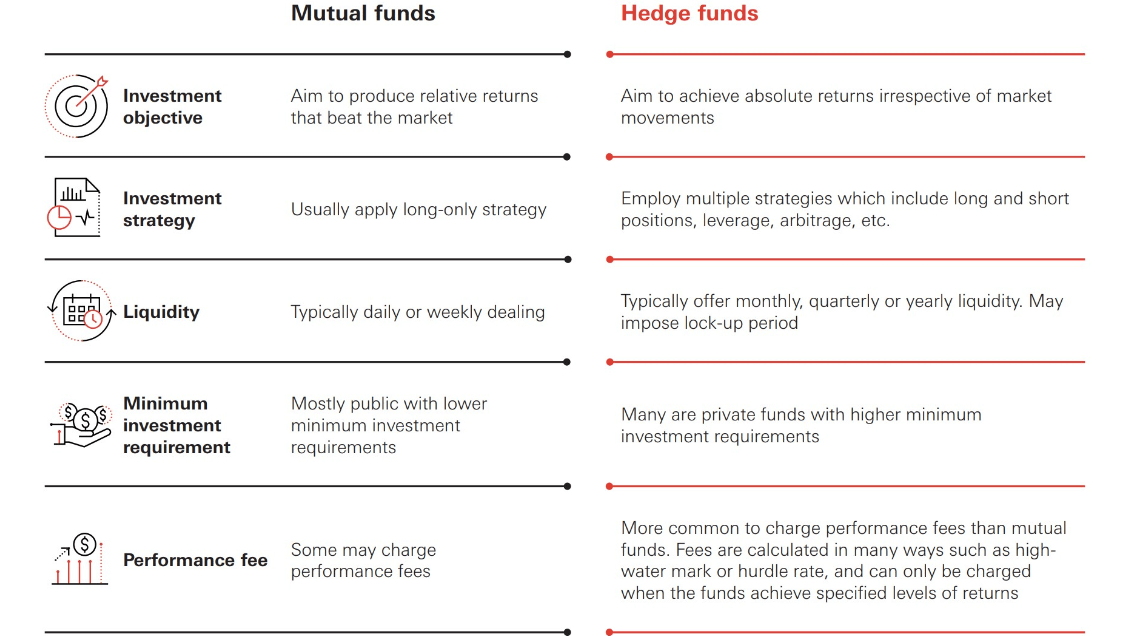
Evaluate the Value of Inversting
To determine whether a mutual fund is worth investing in, investors also need to look at a number of factors, including the fund's performance, fees, and risk level. In general, one wants to see if the fund is worth investing in. You can start by looking at the fund's historical performance to see how it has performed under different market conditions. This includes short-term and long-term returns, as well as comparisons to benchmark indices.
Then find out about the experience and investment style of the fund manager. The experience and expertise of the fund manager can have a significant impact on the performance of the fund. Check the fund manager's historical performance and experience in managing similar funds.
Analyze the fund's fee structure, including management fees, sales commissions, and other charges. Funds with low fees are usually more attractive because fees have a direct impact on investment returns. And assess the fund's risk level, including volatility and maximum retracement. Understand the distribution of assets in the fund's portfolio and its exposure to different sectors and markets.
Analyze the fund's portfolio to understand its holdings of stocks, bonds, or other assets. Check for diversification and whether it matches the investor's risk appetite. Keep an eye on the asset size of the fund, as larger funds may be more susceptible to liquidity problems, while smaller funds may be more vulnerable.
Check the fund's dividend and ex-dividend history to understand the fund's income distribution. This helps the investor judge the fund's income stability and money management strategy. Find out the average period of time investors have held the fund. A shorter holding period may indicate that the fund is more suitable for short-term investment, while a longer holding period may be suitable for long-term investors.
Understand the fund's business model, including front-end loading, back-end loading, or no loading. This will affect the fees investors pay when purchasing or redeeming fund shares. Refer to independent rating agencies and professional reviews to find out what other professional organizations have said and recommended about the fund.
Analyzing a mutual fund on the basis of these factors will give the investor a fuller picture of whether it is worth investing in. It is important to note that past performance is no guarantee of future performance, so analyzing a combination of factors is crucial.
Best Mutual Funds for 2024
|
Fund name
|
Category
|
cost ratio
|
Specificities
|
|
Leuthold Core Investment Fund Adv (LCORX)
|
Tactical Allocation |
1.38% |
Flexible fund adjusts metrics. |
|
Gateway Fund A (GATEX)
|
Options Trading |
0.94% |
Option strategy diversifies S&P 500. |
|
AMG Yacktman Focused Fund N (YAFFX)
|
Large Value |
1.26% |
Value stocks, lasting gains. |
|
T. Rowe Price Blue Chip Growth Fund (TRBCX)
|
Large Growth |
0.71% |
Blue-chip emphasis, tech allocation. |
Disclaimer: This material is for general information purposes only and is not intended as (and should not be considered to be) financial, investment, or other advice on which reliance should be placed. No opinion given in the material constitutes a recommendation by EBC or the author that any particular investment, security, transaction, or investment strategy is suitable for any specific person.
